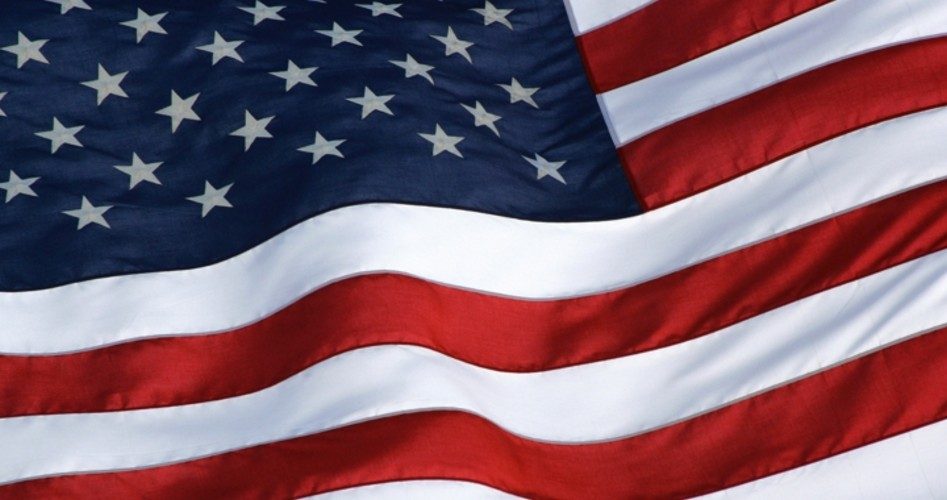
The city council of the Minneapolis suburb of St. Louis Park has voted to do away with reciting the Pledge of Allegiance at the beginning of city government meetings, a patriotic tradition that reaches back decades in the community. The council voted unanimously to drop the Pledge, a change that will go into effect July 15.
According to the Minneapolis Star-Tribune, there was concern among council members “that saying the Pledge intimidates some newer residents, owing to increasing political polarization and the national controversy over federal immigration policies.”
“In order to create a more welcoming environment to a diverse community, we are going to forgo saying the Pledge of Allegiance before every meeting,” announced council member Tim Brausen. Brausen told the Star-Tribune that St. Louis Park “tends to be a very welcoming and increasingly diverse community, and we believe our citizens will understand. I don’t think we’re going to be any less welcoming by not starting our meeting out with the standard ritual.”
He added that “we’ve had some racial equity initiatives going on in the city of St. Louis Park for awhile where we’re trying to get more diverse communities and historically less engaged communities to come and participate in our public process. Given the current Washington politics that are going on now, there’s a lot of people that are afraid of our government, and we worry about that.”
Council member Anne Mavity, who sponsored the measure, explained that “I want to make sure that we are welcoming to everyone in our community, and so I just felt that [the Pledge of Allegiance] was an unnecessary component to include every single week in our work.”
Mavity claimed that about half of Minnesota communities do not require the recitation of the Pledge at city meetings. However, reported the Star-Tribune, “a spot check of metro and outstate cities found that most of them — Blaine, Brooklyn Center, Burnsville, Duluth, Eden Prairie, Mankato, Maplewood, Rochester, St. Cloud, St. Paul, Stillwater and Wayzata — include the Pledge as part of the council meeting agenda.”
Not surprisingly, the city of Minneapolis, Minnesota’s largest and most “progressive” community, does not recite the Pledge at its city meetings.
St. Louis Park Mayor Jake Spano, who was not on hand for the vote, expressed his disapproval of the change. “While I’ve never been a fan of doing things just because that’s the way things have always been done, I’ve always used the last six words [of the pledge] — ‘With liberty and justice for all’ — as a reminder to me that we need to make our community more open and welcoming for all our neighbors, not just a select few,” Spano told the Star-Tribune.
Among St. Louis Park residents at odds with dropping the Pledge was Dennis Moran, who noted that “it’s always been a tradition here since I’ve been watching the City Council meetings back in the late ’80s. They’ve always done the Pledge of Allegiance.”
Similarly, local resident Patti Carlson, whose grandparents were immigrants to America, questioned the city council’s motives. “My fear for this council is that it’s all about image and not substance,” she said.
Likewise, CBS News quoted resident David Gohman, who “has made his home in St. Louis Park for nearly 30 years. The American flags that adorn his garden aren’t just decorations. ‘It represents a lot to this country — Freedom,’ Gohman said. He lives on Flag Avenue and holds traditions like the Pledge of Allegiance close to his heart. ‘I think it should be said every time, whether it is in school or meetings or whatever,’ he said. ‘We owe it to the country.’”


